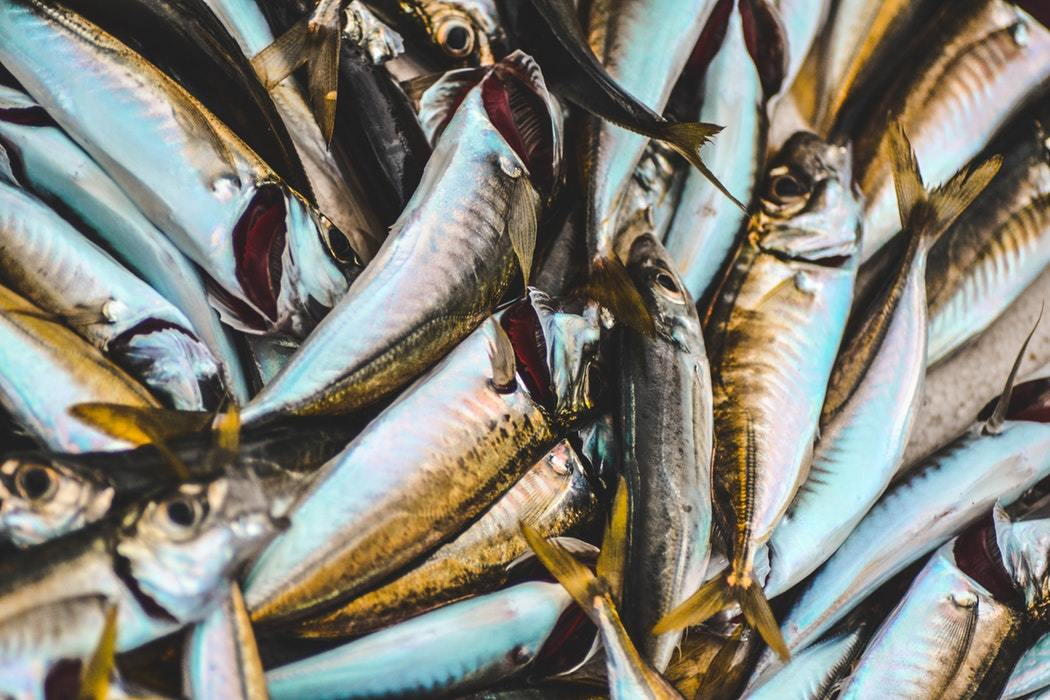Home / Nature & Environment / Agriculture / Farm to Fork: Sustainable Food Production in a Changing Environment / Case Study: Welfare and Ethics in the Seafood Supply Chain
This article is from the free online
Farm to Fork: Sustainable Food Production in a Changing Environment


Reach your personal and professional goals
Unlock access to hundreds of expert online courses and degrees from top universities and educators to gain accredited qualifications and professional CV-building certificates.
Join over 18 million learners to launch, switch or build upon your career, all at your own pace, across a wide range of topic areas.








